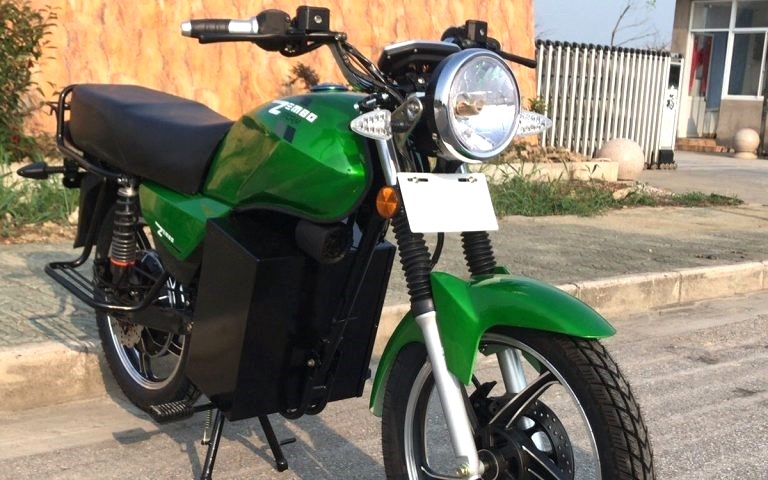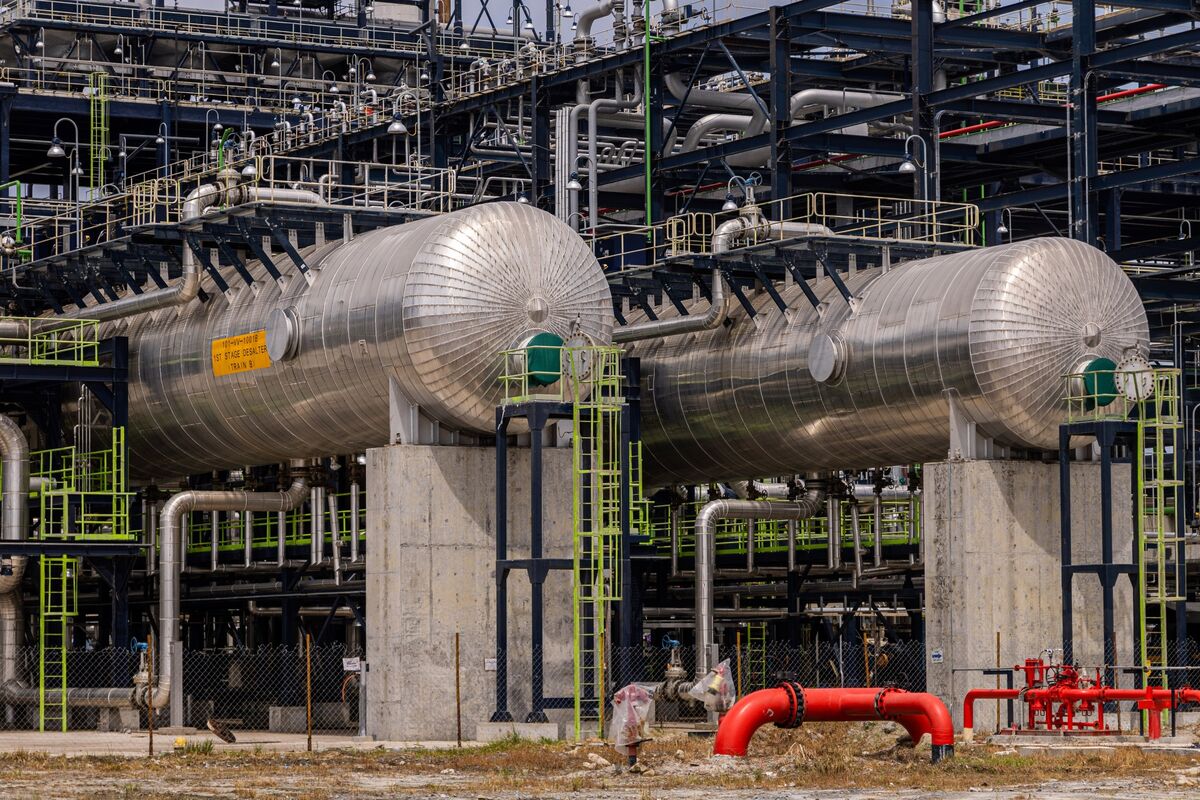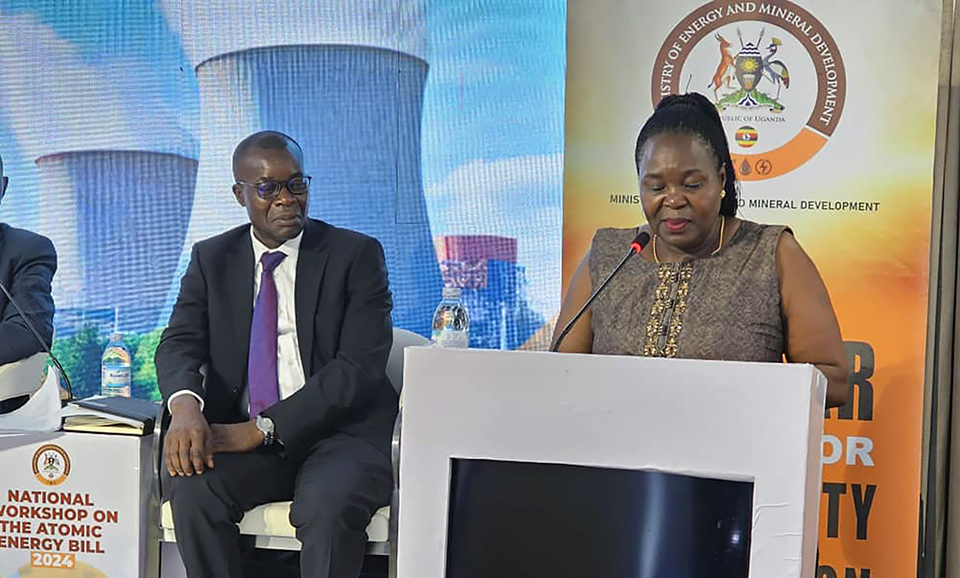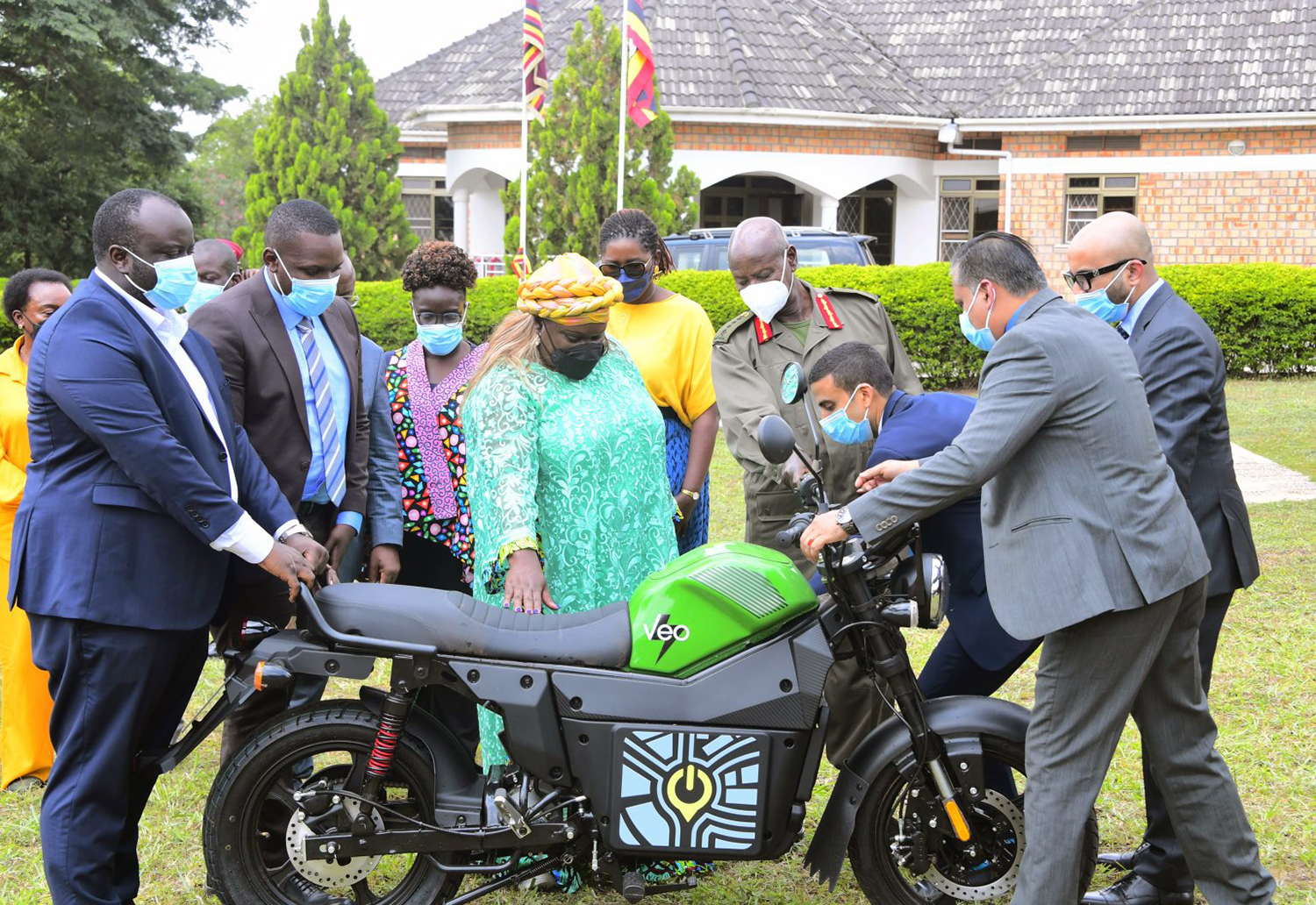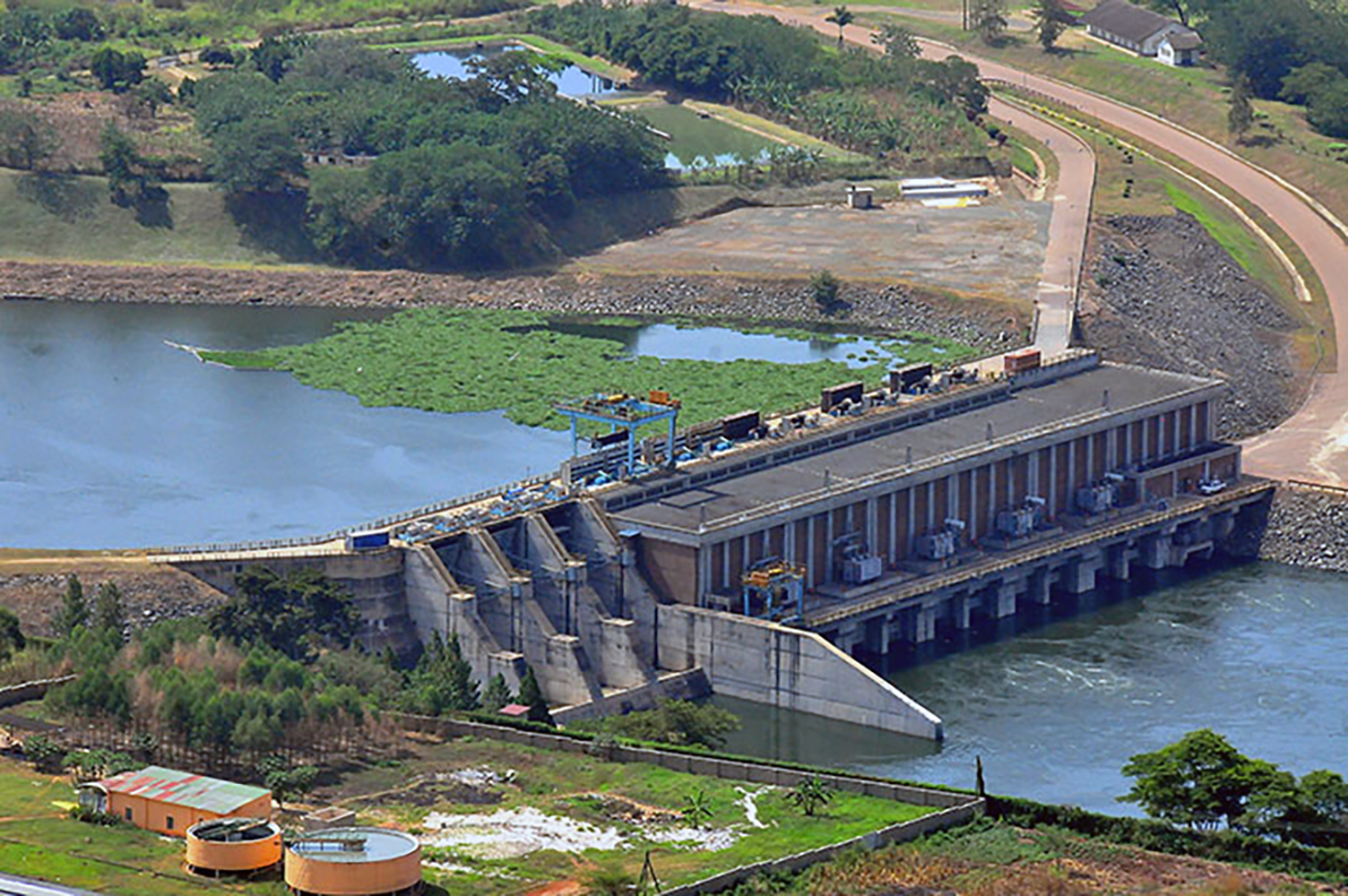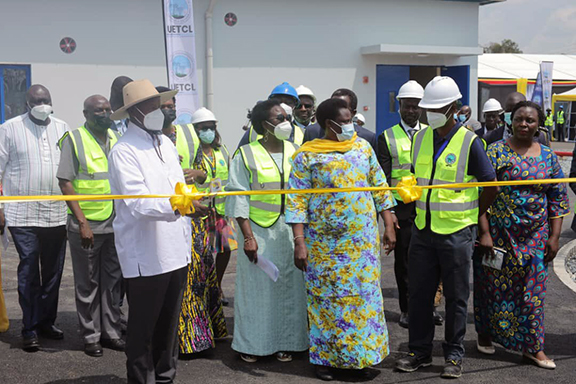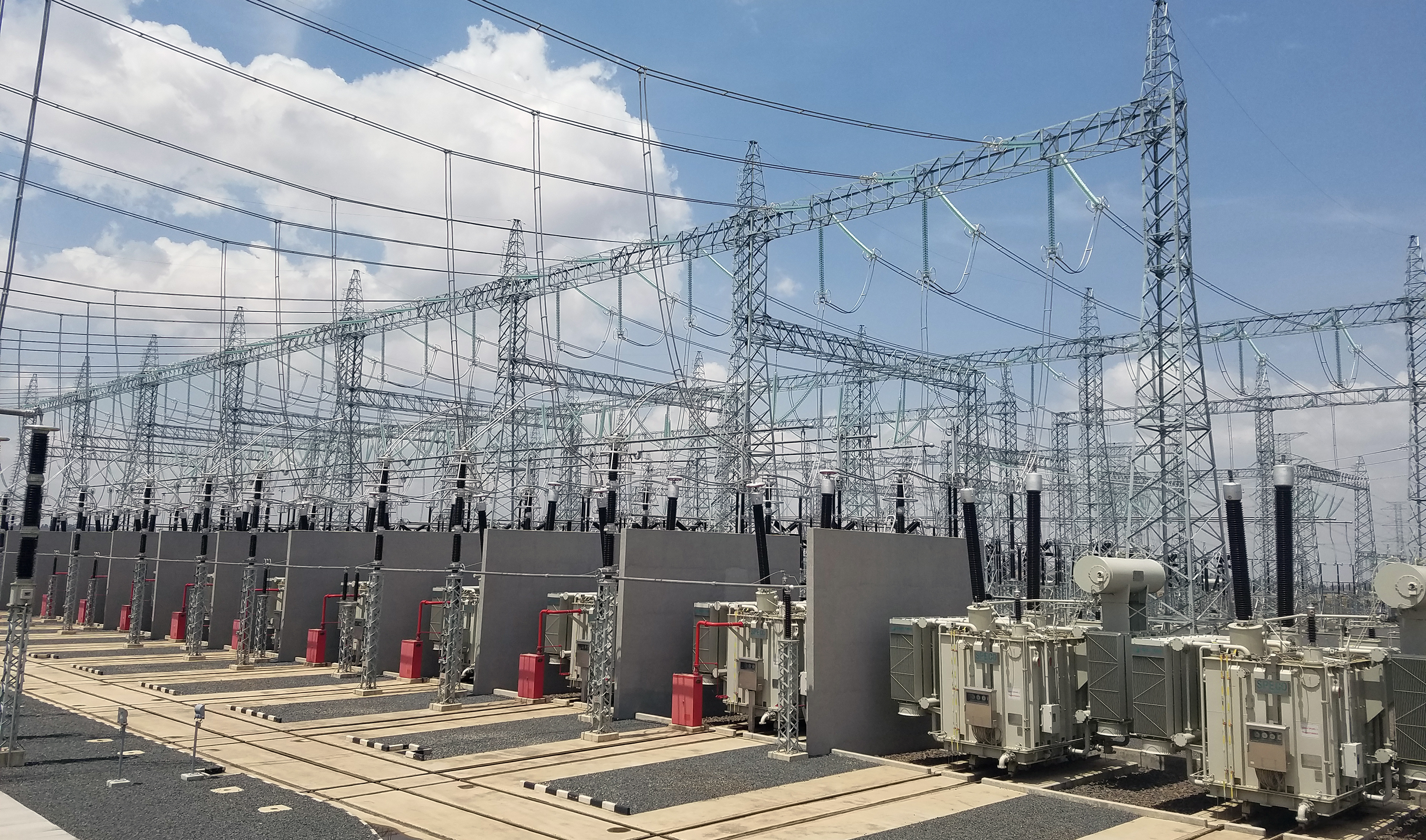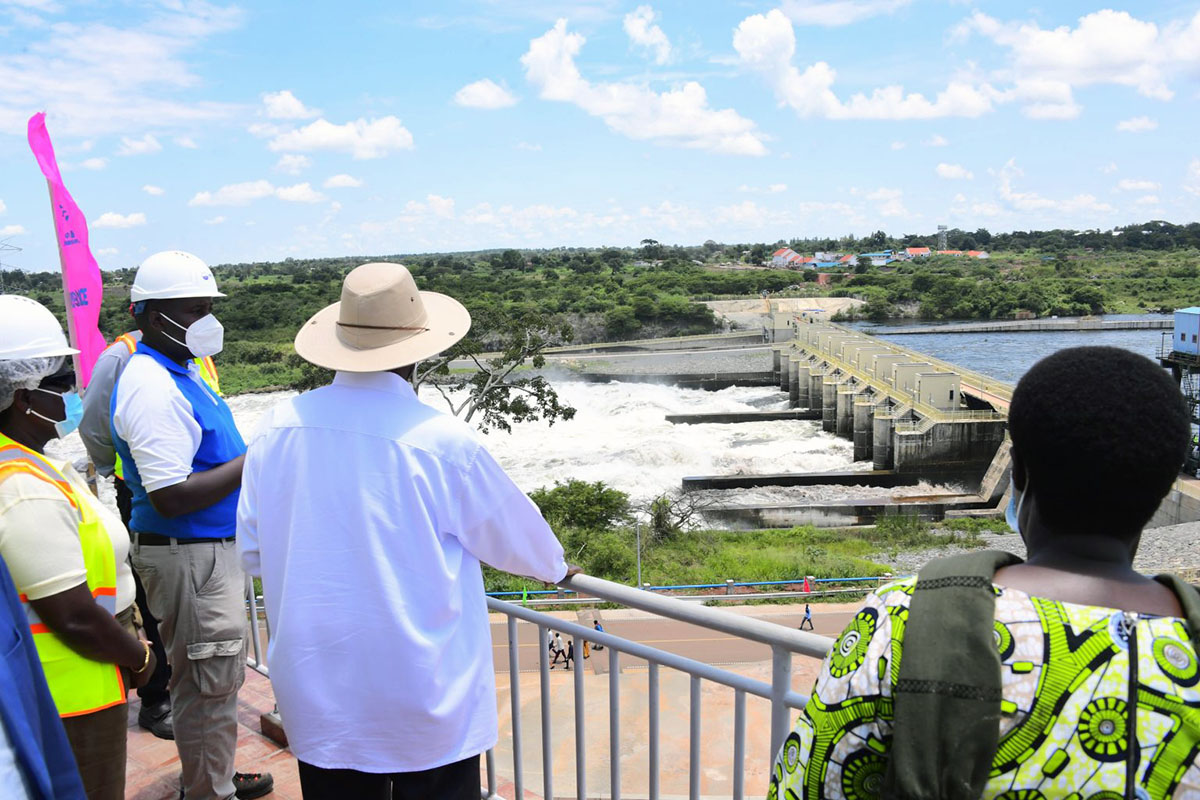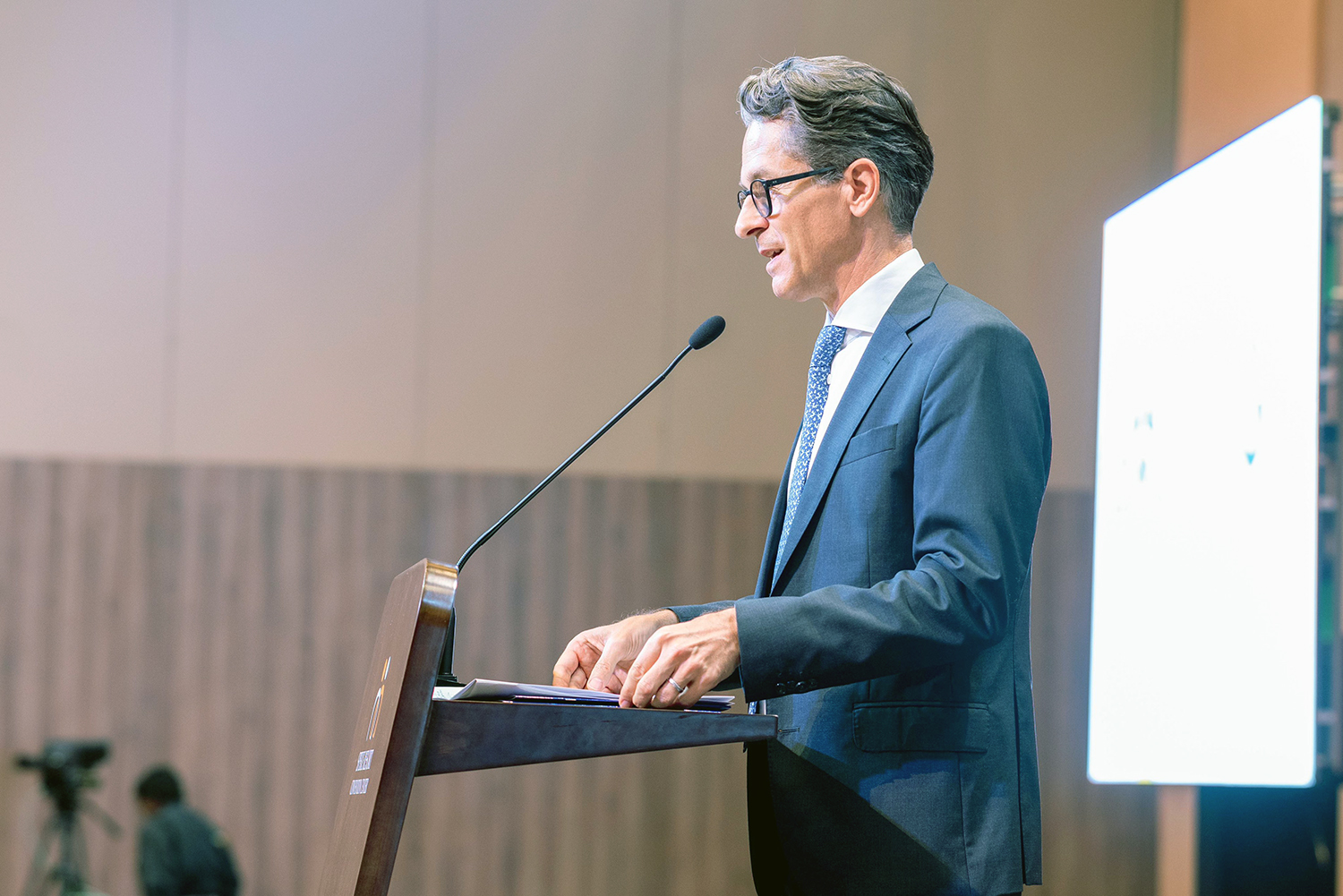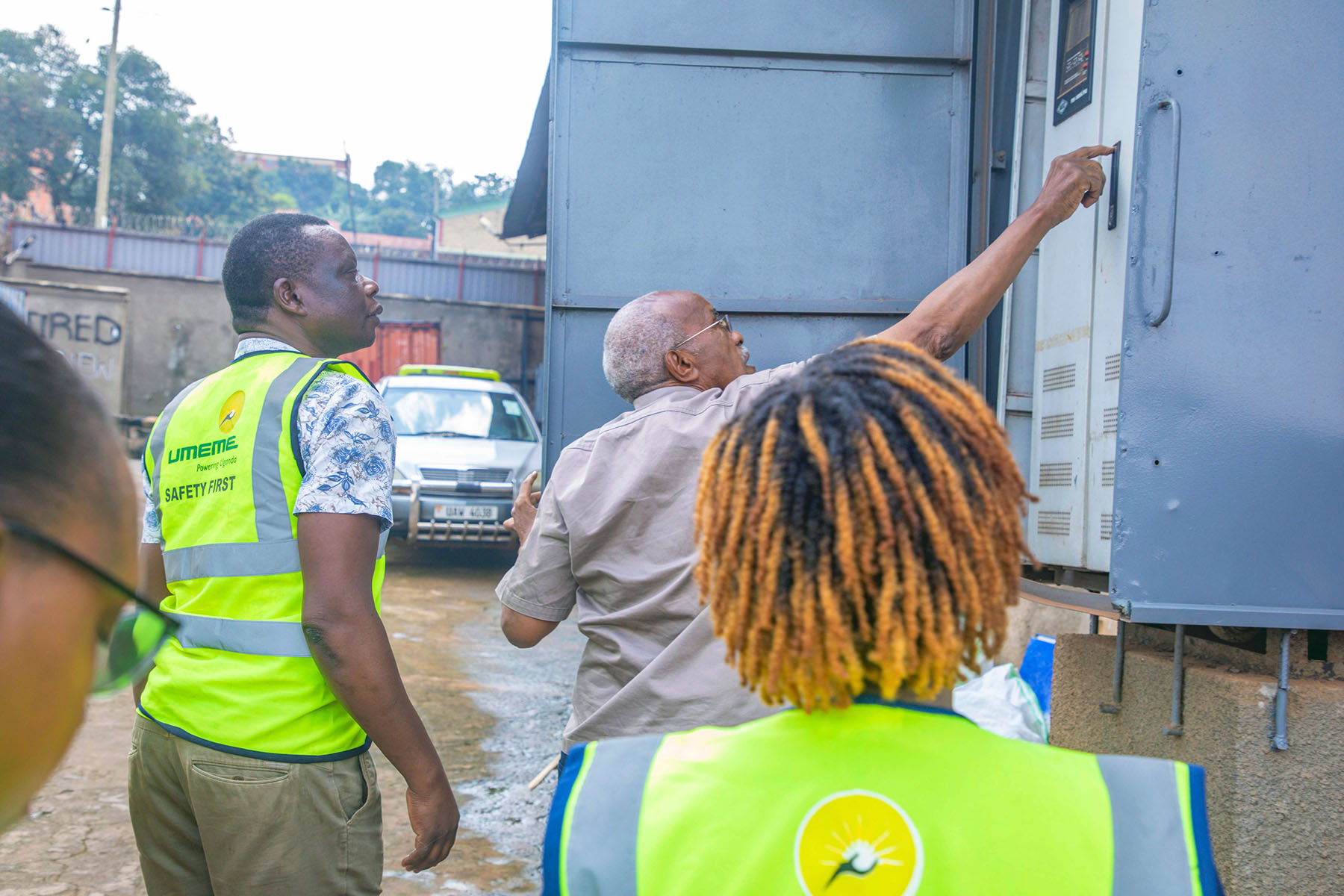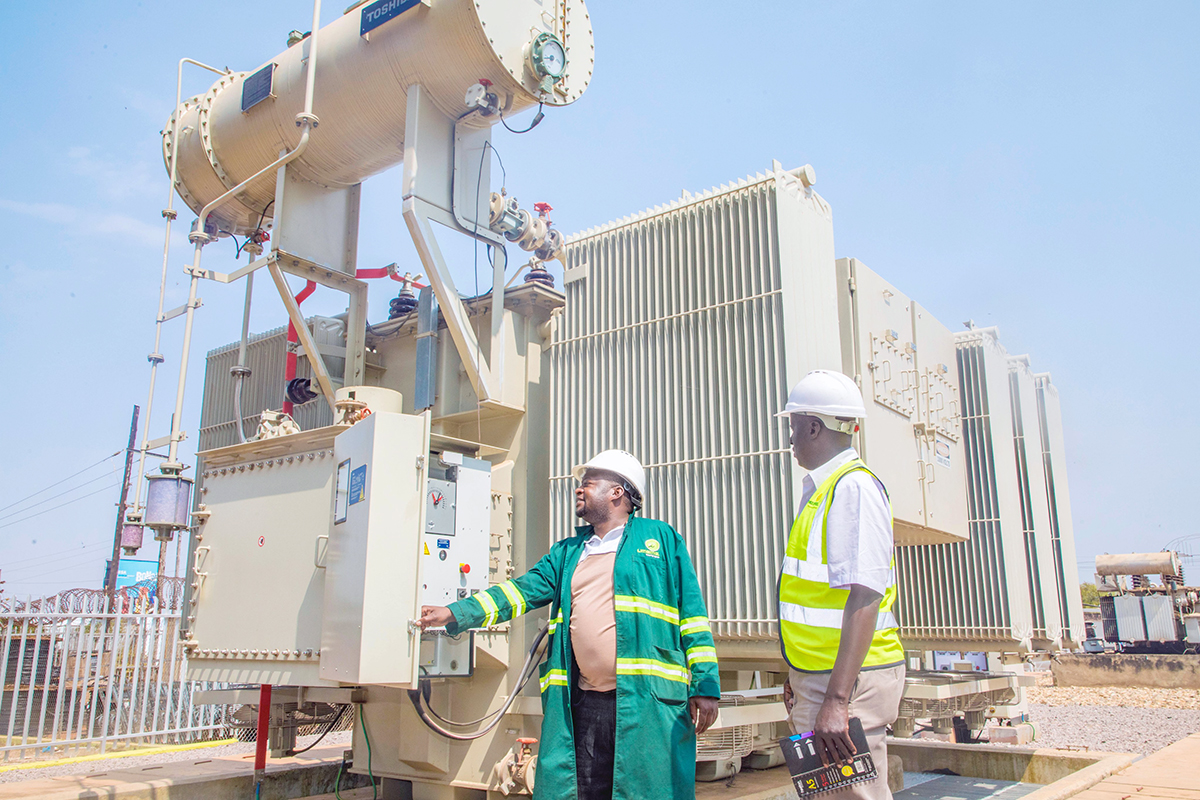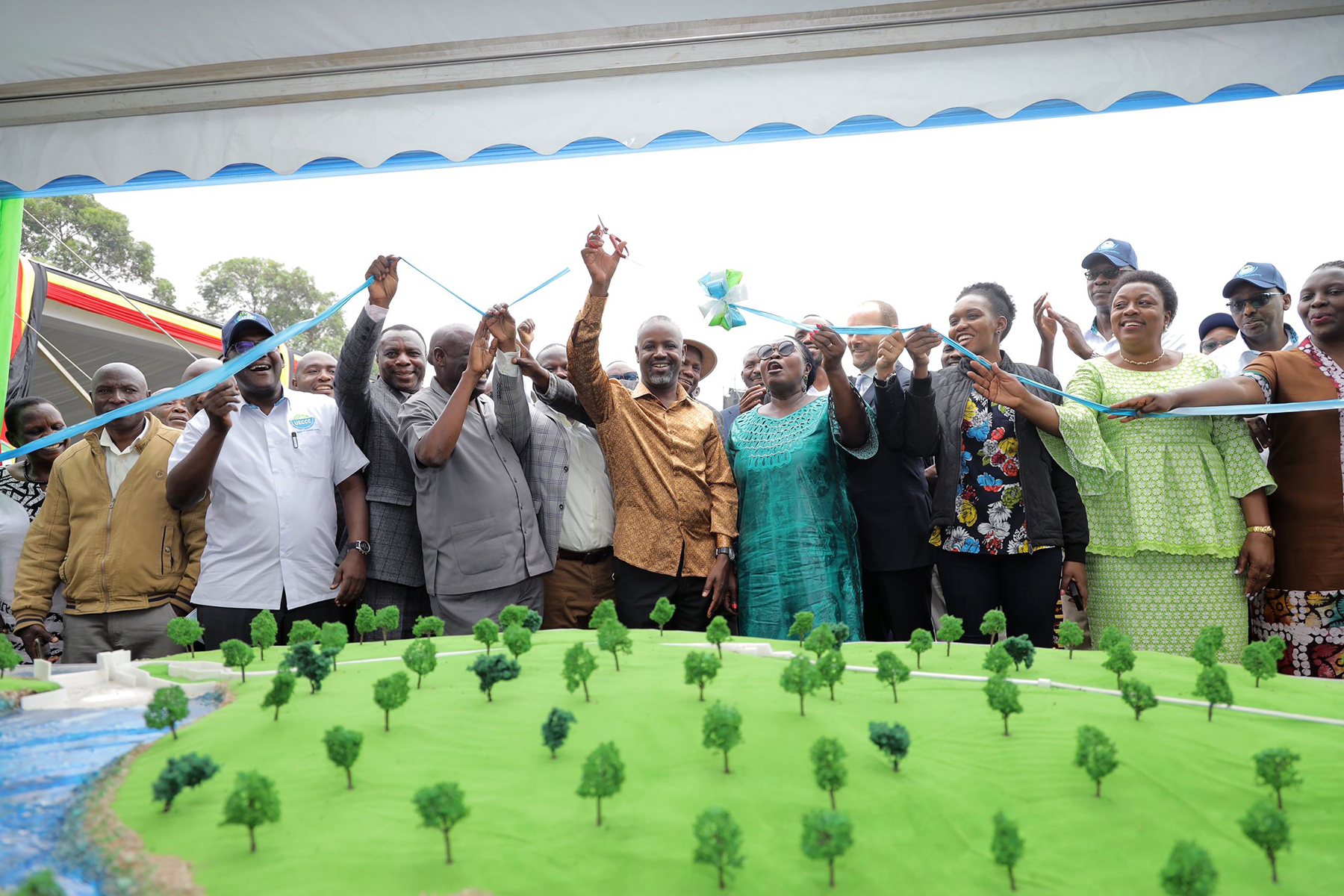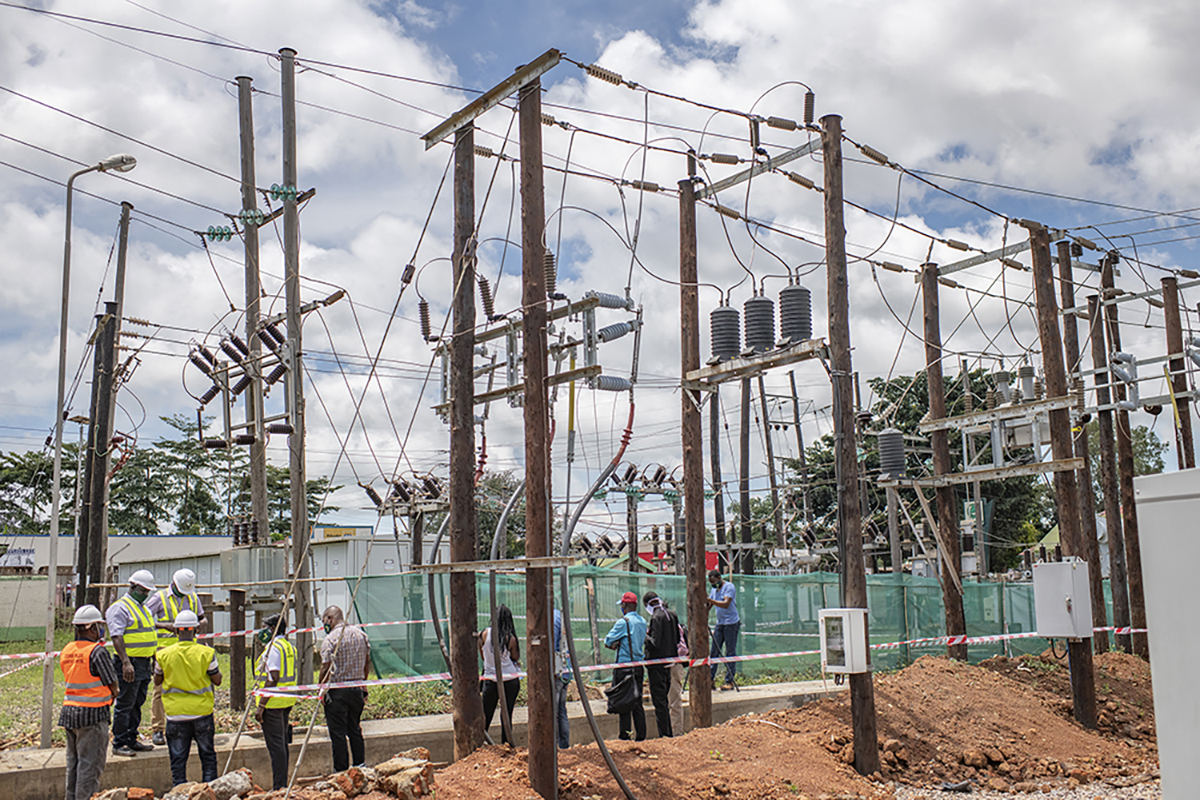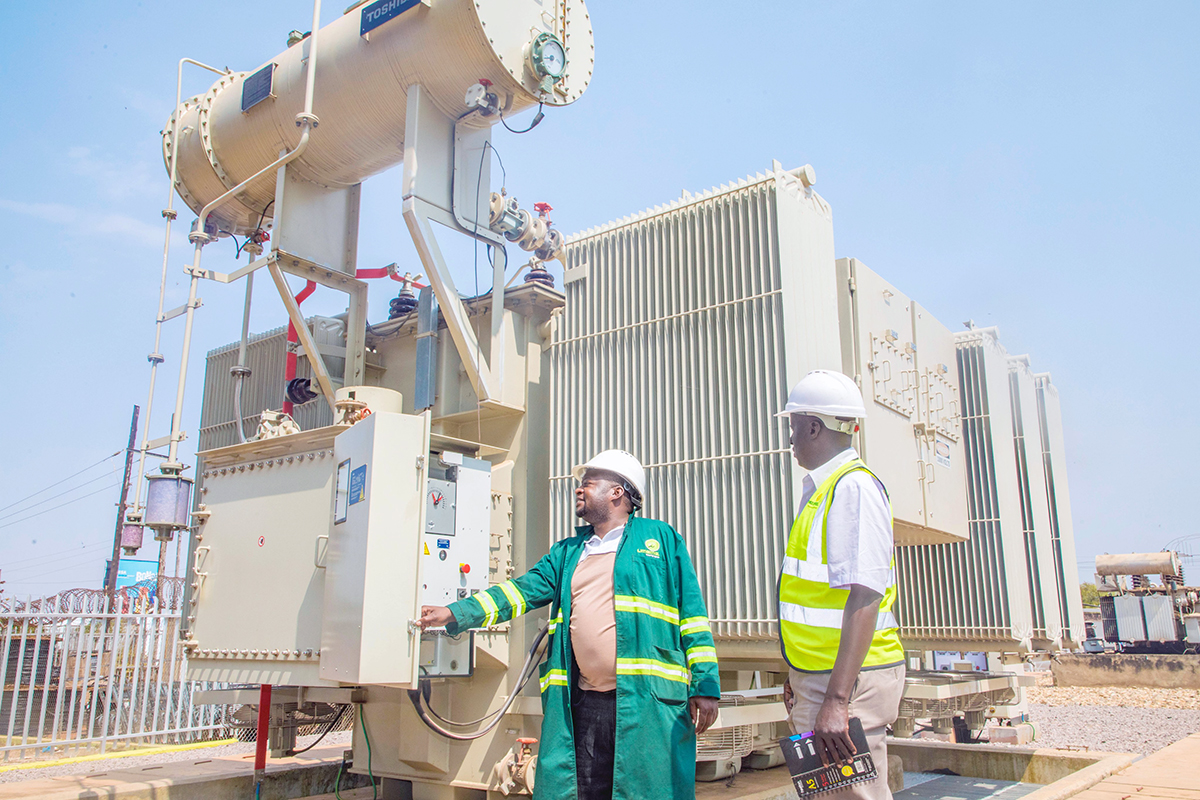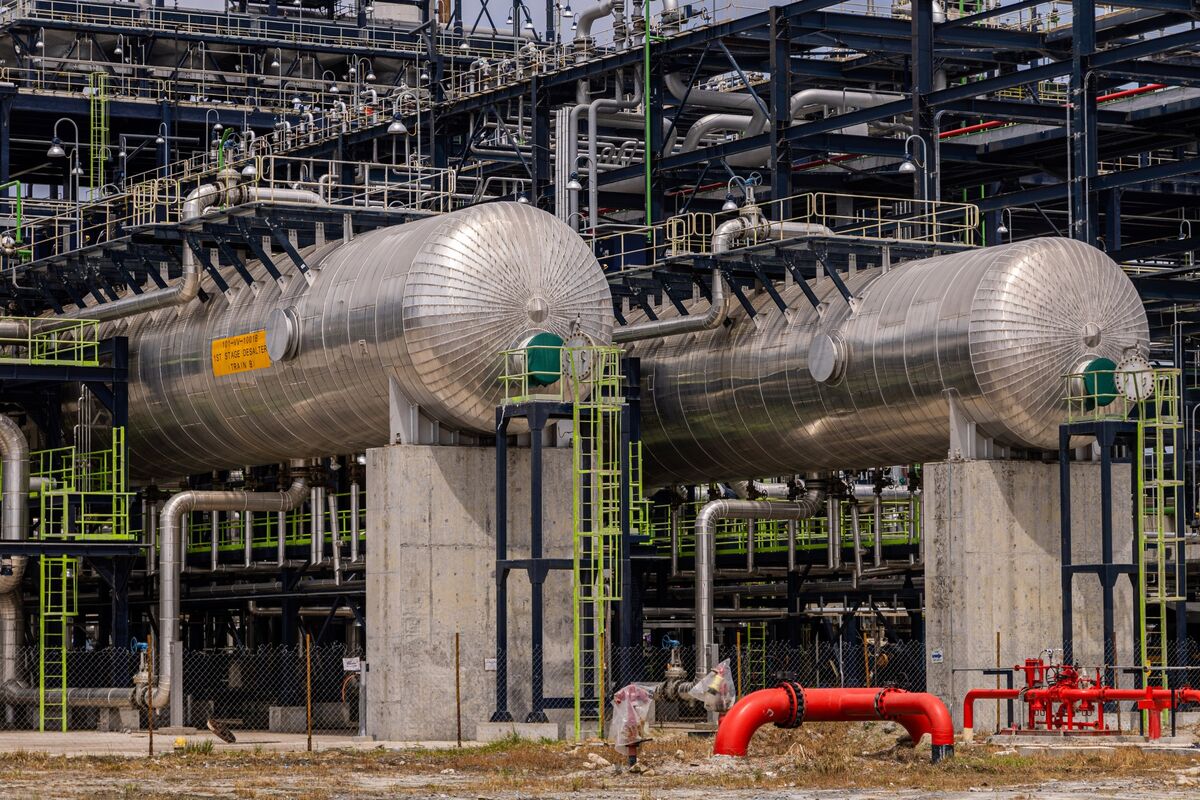Electric boda boda cutting air pollution levels
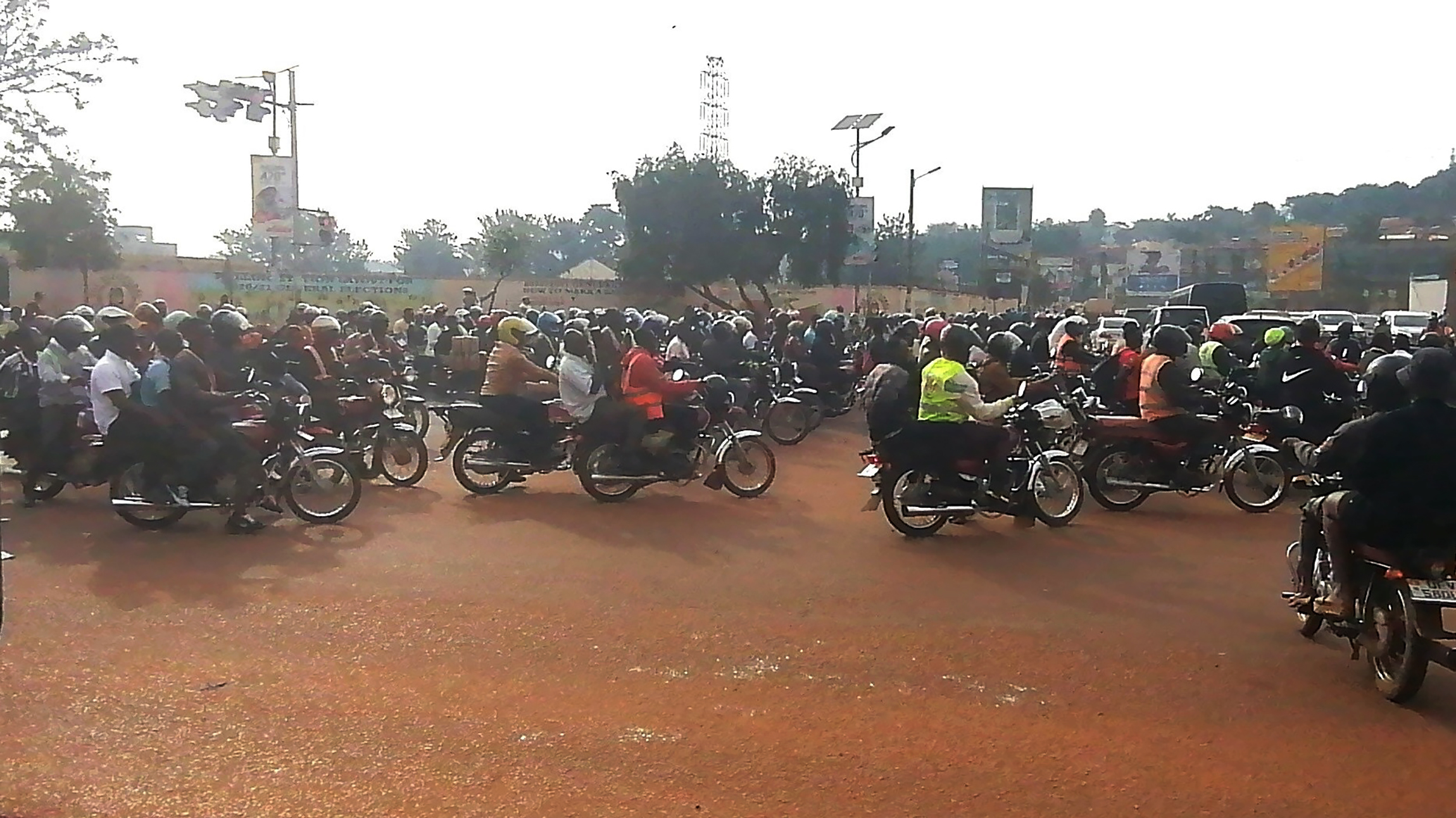
NECESSARY EVIL: Boda boda cyclists at a busy junction in Kampala City. These cycles are major contributors to the high level of air pollution in the city. FILE PHOTO
On any given day in Kampala City, the streets are clogged with traffic, the air thick with exhaust fumes. In 2022, Kampala was on the list of the most heavily polluted cities worldwide, with pollution levels frequently exceeding WHO guidelines. The health impacts of air pollution, largely attributed to boda boda motorcycles, include respiratory diseases, heart disease, and cancer.
Kampala is often referred to as a "boda boda city" of Africa because of the sheer number of motorcycle taxis, known as boda bodas, that dominate the city's transportation landscape. These two-wheeled vehicles are ubiquitous, weaving through traffic and offering a quick and efficient way to navigate the city's often congested roads.
With an estimated 350,000 of these motorbikes operating in the city, Lord Mayor Eriasi Lukwago says their contribution to air pollution, noise, and greenhouse gas emissions is significant.
- But the coming of the electric motorbike, according to experts, could be a game changer, offering solutions to the long-standing air pollution and waste challenges the city has been grappling with. The eco-friendly bikes are not only transforming the way people move around the city but also offering a cleaner, quieter, and more sustainable alternative to traditional fuel-powered motorcycles.
According to Victor Getenya, Head of Electric Vehicles (EV) at Watu Uganda, the direct contribution of EV bikes to environmental sustainability is immense.
ŌĆ£Electric bikes run on rechargeable batteries, which means no petrol is needed. This significantly reduces greenhouse gas emissions and helps to combat air pollution. This shift is crucial in addressing climate change and improving the quality of urban air,ŌĆØ he says.
- He further explains that electric motorbikes also produce zero tailpipe emissions, which is especially important for cities like Kampala, where poor air quality is linked to respiratory issues and other health problems.
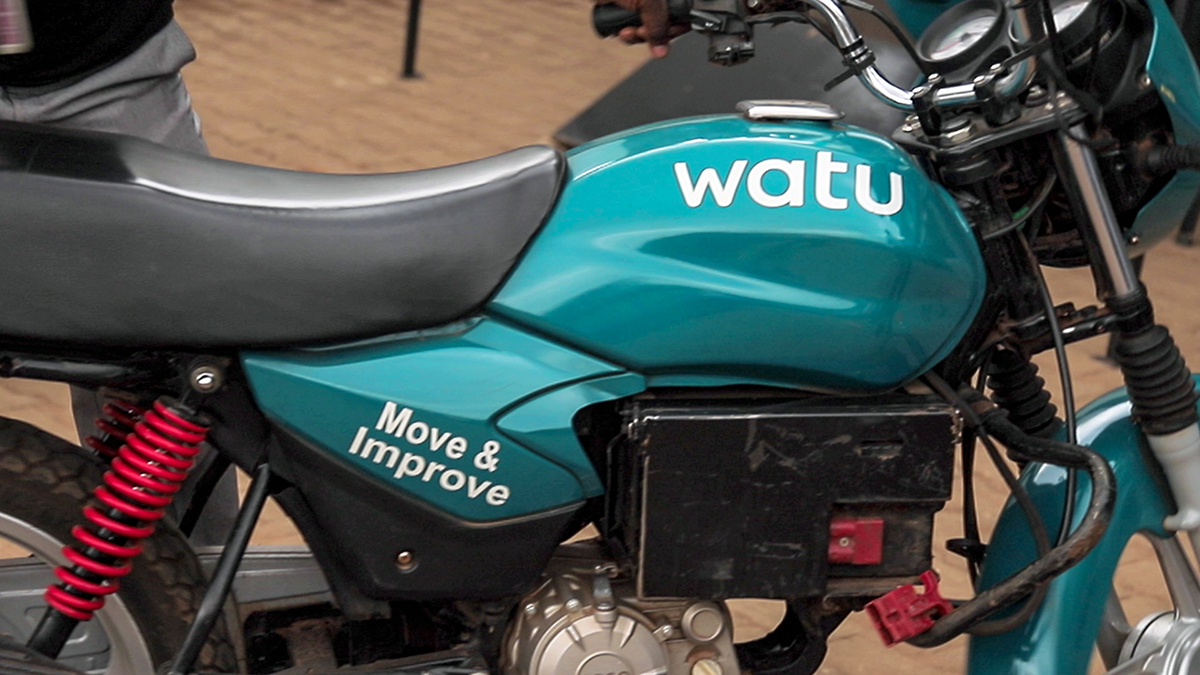 Watu Uganda has so far supplied thousands of electric motorcycles at affordable terms.
Watu Uganda has so far supplied thousands of electric motorcycles at affordable terms. He adds that allowing electric bikes to compete with or replace petrol-powered motorbikes on the market would improve air quality in the city, leading to a healthier environment for all its residents.
ŌĆ£Noise pollution, another major problem in cities, is also tackled by electric motorbikes. Traditional petrol engines are notorious for their loud noise, especially during peak hours, creating a constant hum in the urban environment. In contrast, electric bikes operate quietly, leading to peaceful streets and a calmer atmosphere. Having a mix will therefore improve the quality of life for residents,ŌĆØ he adds.
Currently, electric motorbikes account for about 10% of the boda boda fleet in Kampala. This figure is notable, especially when compared to neighbouring East African countries. Watu Uganda has deployed thousands of electric bikes across Kampala, significantly enhancing urban mobility.
Although electric motorbikes cost a little more than their ordinary counterparts, Getenya says Watu Uganda has a financing model aimed at reducing the upfront burden of acquiring the bikes, in order to drive adoption.
- ŌĆ£As an asset financing company, we have a model for financing EV bikes, and as we speak, adoption is gaining ground. We have introduced financing options that allow riders to pay for their electric bikes in affordable installments, and this has brought many on board, including those who donŌĆÖt have access to bank loans,ŌĆØ he says.
- He notes that while the initial cost of an electric bike may be higher than that of a petrol-powered one, the long-term savings are significant.
Electric bikes require much less maintenance, with no need for oil change or spark plug replacement or frequent repairs and servicing, which enables riders to save up to UGX500,000 annually on maintenance costs. On top of that, riders can save between UGX10,000 to UGX20,000 daily, in comparison to the petrol-powered bikes.
ŌĆ£As more people adapt to the EV bikes, the trickle-down effect will be immense. With each saving made, investment is also made, which results in a greater impact on the economy, and the household as a whole,ŌĆØ says Gatenya.



.jpg)
